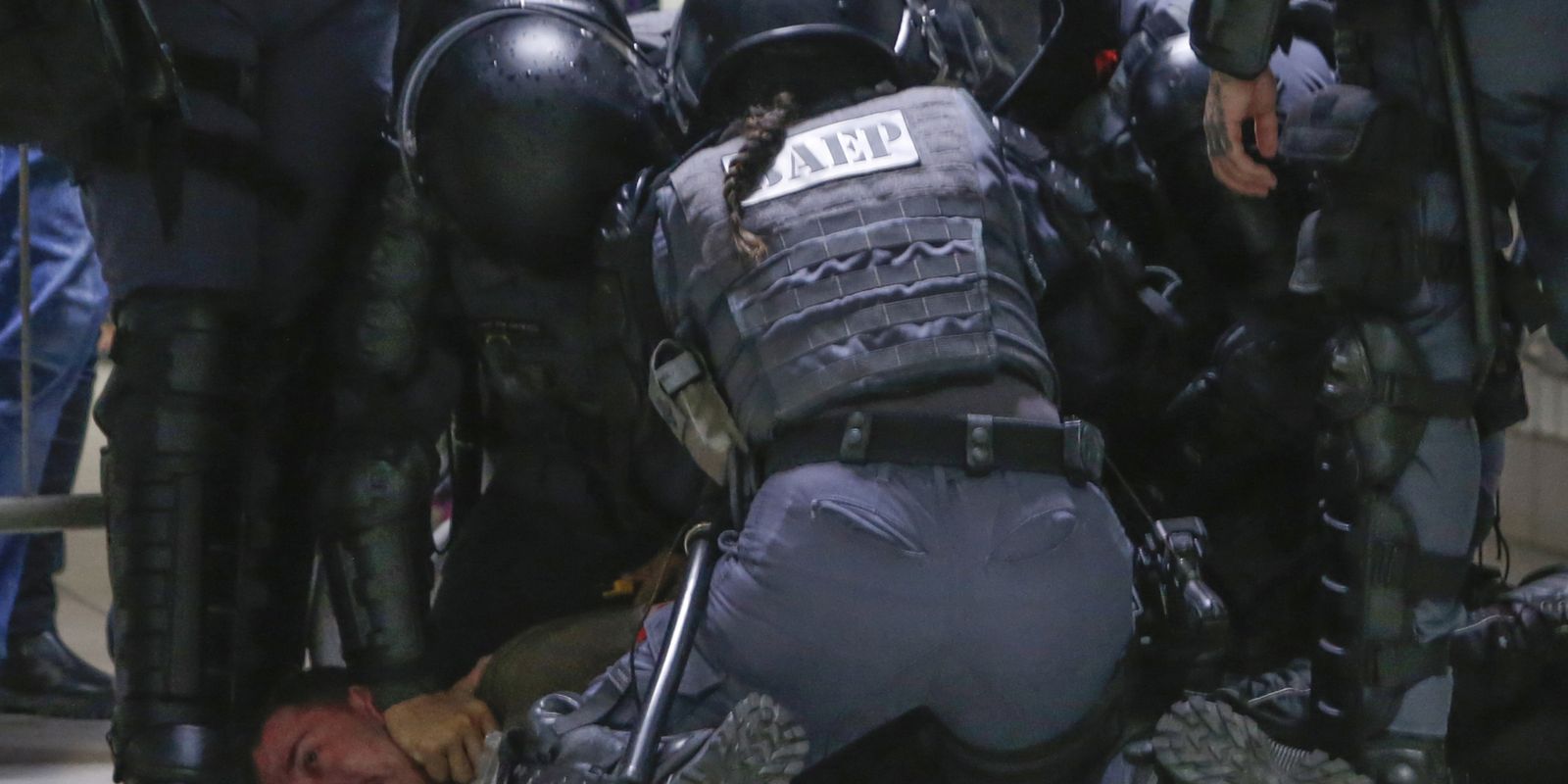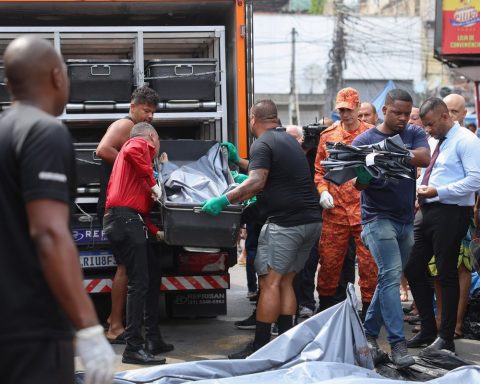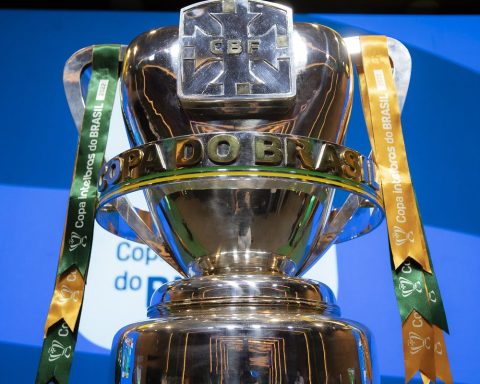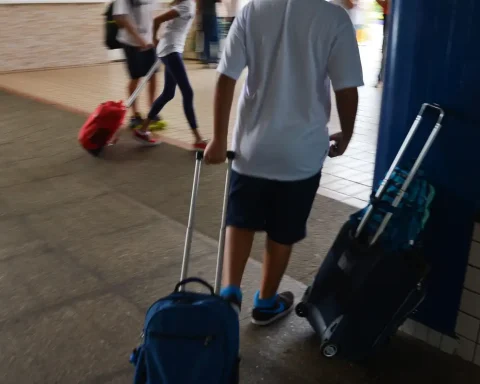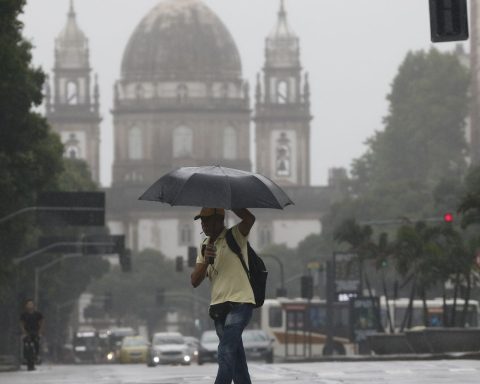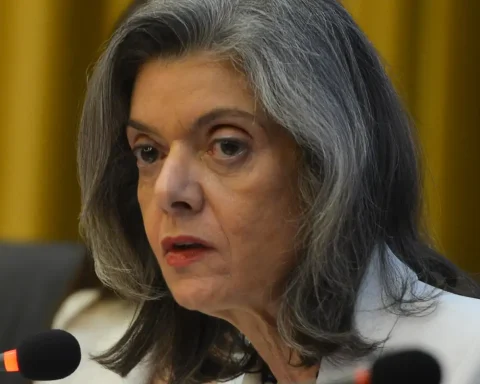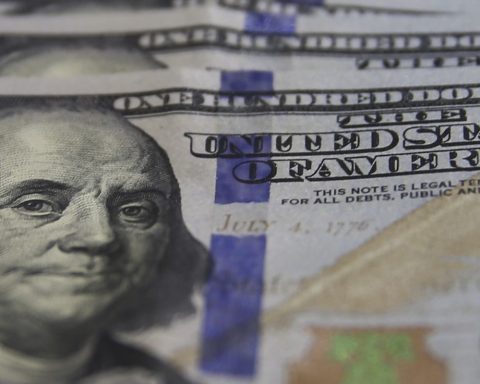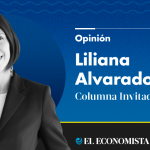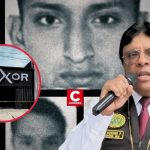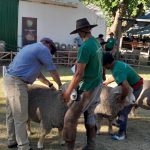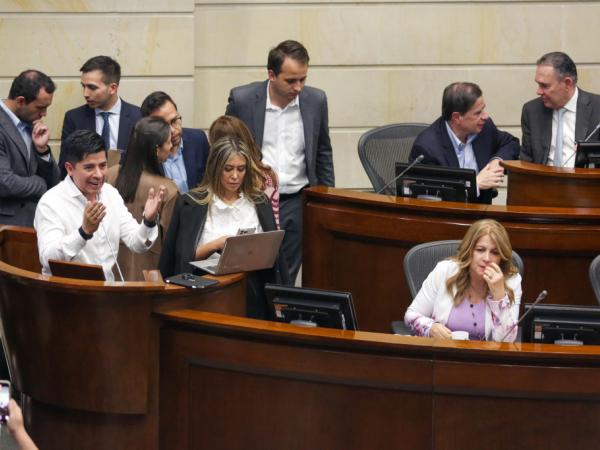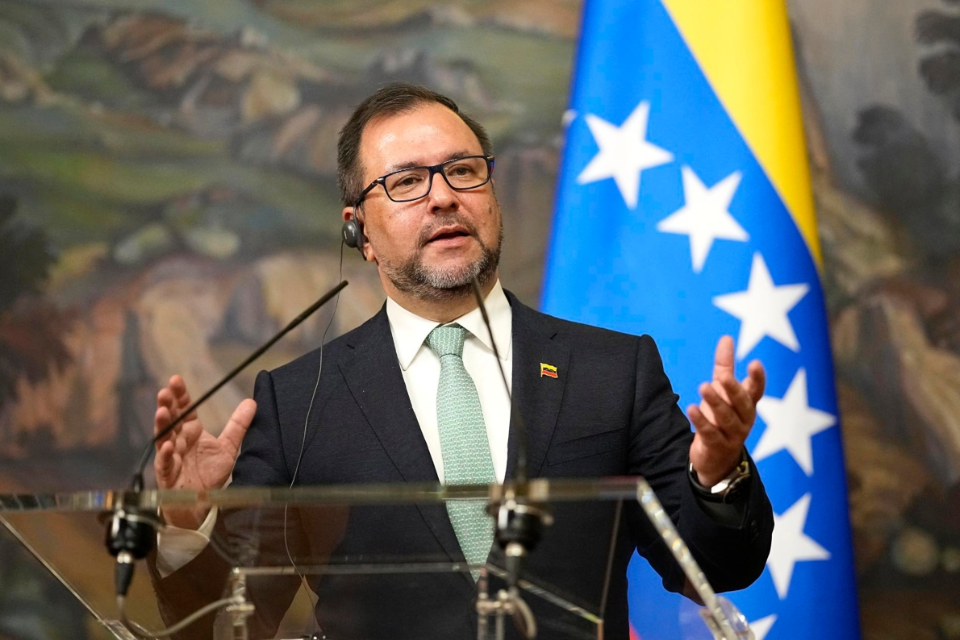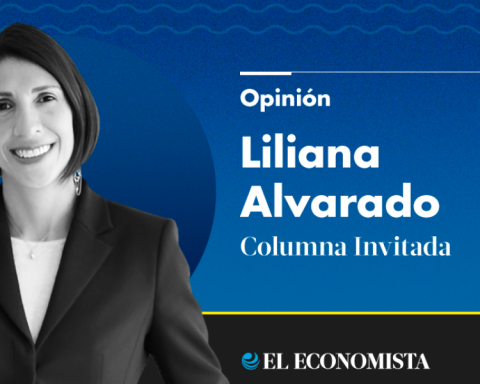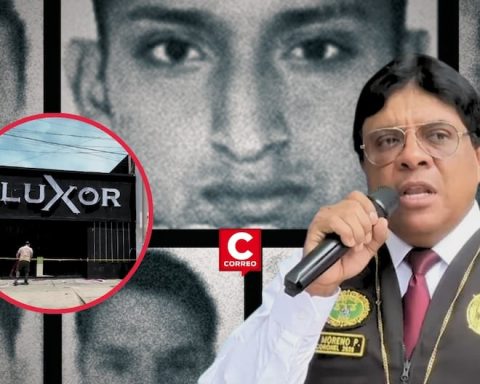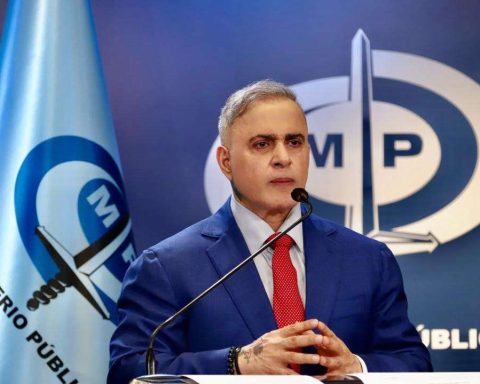In January this year, the Movimento Passe Livre (MPL) held a demonstration in São Paulo against the increase in train and subway ticket prices. Before the act even began, police officers made several arrests inside the República do Metrô station, in the capital of São Paulo. One of the young people detained had his neck pressed to the ground by officers from the Special Police Actions Battalion (Baep) – who were wearing a balaclava, making it impossible to identify their faces.
The report from Brazil Agency I was on the street that day following the demonstration with reporter Bruno Bocchini and photographer Paulo Pinto. And it was precisely this image of the surrendered and oppressed young man, surrounded by seven military police officers and with his neck being pressed to the ground, that was being awarded tonight (29) by the 46th Vladimir Herzog Journalistic Award for Amnesty and Human Rightsheld at Tucarena.
“Whenever there is a public demonstration, the police apparatus is large. In these demonstrations there is always a great potential for greater abuse by State agents to occur, which is why our attention must be redoubled. Our years of experience lead us not to rush into things and to know the right moment when a right is being violated”, said photographer Paulo Pinto, in an interview with Brazil Agency.
At that moment when his camera went off, he knew that rights were being disrespected and that the agents were acting excessively. “The feeling we show is that those who are paid to protect citizens do not always fulfill this role – and when they do, they generally go overboard,” said the photographer.
A story
Paulo Pinto started taking photographs in his teenage years, when he lived in his hometown: Santana do Livramento (RS). “I already liked photographing and filming in Super 8. A brother who already photographed for a local newspaper, called The Audienceit was another incentive to start the profession”, he said.
And that’s how photojournalism took on a big role in his life. “I followed [meu irmão] and covering various events for the newspaper, from birthdays, weddings, political and sporting events. My father was a football player and idol of 14 de Julho, the third oldest club in Brazil and the first red and black club. And the love of photographing sports became a natural thing, despite the fact that photojournalism in itself was already very dynamic and rewarding”, narrated the photographer.
With his curiosity, always attentive look and ease in starting conversations, Paulo Pinto also received guidance from great professionals who worked in that newspaper’s editorial office. And so he became one of the great names in Brazilian photojournalism, with several award-winning works that were also reproduced around the world. “The connection with the Vladimir Herzog award began in 1993, when I received an honorable mention with a photo about the privatization of Companhia Siderúrgia Paulista (Cosipa) on the São Paulo Stock Exchange. In 2018 I received a second honorable mention with the photo of President Lula being carried by the crowd, before being arrested, at the ABC Metalworkers Union in São Bernardo do Campo. And now came the top prize with the photo of the Free Pass demonstration.”
“The Vladimir Herzog Award is today the biggest award in Brazilian journalism, it is gratifying to be among the winners once again. It is recognition for everything we do as information professionals. And being an award that deals with Human Rights, our responsibility increases, because we have to be the eyes of those who are not experiencing our daily lives. With our work as a photojournalist we have to be faithful to what is in front of us, portray the truth without makeup. Showing and reporting abuses against those who seek equal rights, this is our duty and a professional obligation”, reinforced the professional.
Reporting Paths
In addition to the award for best photography, the EBC also came first in the video category, with the special report Innocents in prisonshown on the program Reporting Pathsmade by the team formed by Ana Passos, Gabriel Penchel, Adaroan Barros, Caio Araújo, Carlos Junior, Alex Sakata and Caroline Ramos.
THE award-winning reporting denounces the unjust arrests, especially of young black men, accused of crimes they did not commit. All identified as suspects due to the structural racism of Brazilian society.
In an interview with National Radiothe journalist from TV Brasil Ana Passos, considers that this episode of the program Reporting Paths won the award for “the strength of its story and the absurdity of unjust prisons in Brazil”. For her, all the journalistic work of the program, which listened to victims, experts and highlighted data about these arrests, “made the content very consistent”.
“Receiving the Herzog award is a great honor. My heart skips a beat here to have this recognition from a personal and collective point of view, if we think that this is an achievement for all colleagues at EBC who are so committed to information and human rights”, he said. “This is our cause. May we continue to seek impactful and relevant stories not only for recognition but to fulfill our role as communicators and communicators”, added the journalist.
The prize
Since its first edition, granted in 1979, the award celebrates the life and work of journalist Vladimir Herzogtortured and murdered by the civil-military dictatorship on October 25, 1975 on the premises of DOI-CODI (Information Operations Detachment of the Internal Defense Operations Center), in São Paulo.
In this year when the military coup of 1964 turns 60the organizing committee will pay tribute to three great personalities: Margarida Genevois, Ziraldo (in memoriam) and Luiz Eduardo Merlino (in memoriam).
According to the award, Margarida Genevois represents civil society that fights in defense of human rights and democracy. Ziraldo represents the alternative press as one of the fronts of resistance to censorship and the persecution of journalists and artists who fought for Truth and Justice. Merlino, murdered during the military dictatorship, represents journalists and activists who were persecuted, arrested, tortured, disappeared and murdered during the dictatorship and whose families still fight for the right to Memory, Truth and Justice.
Yesterday, photographer Paulo Pinto was honored with another award in the Photograph from the Football Museum 2024.
